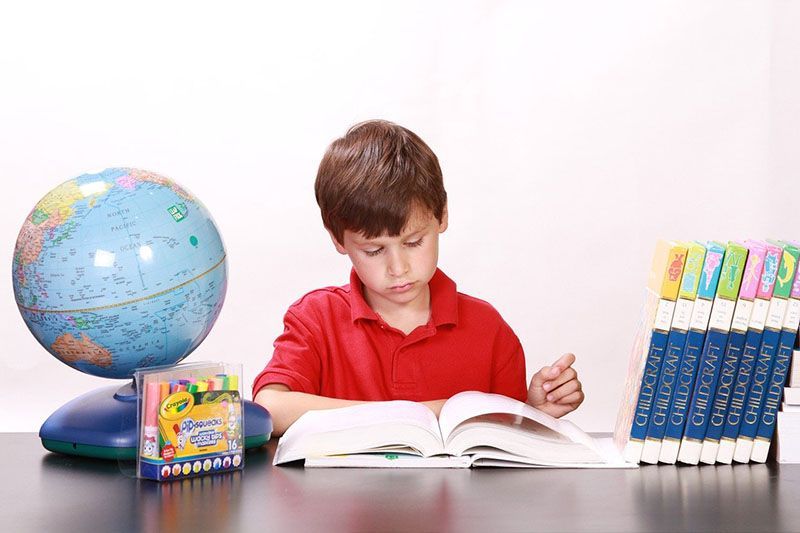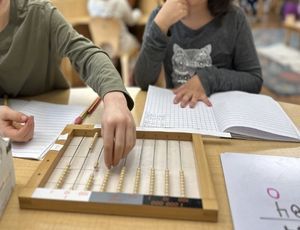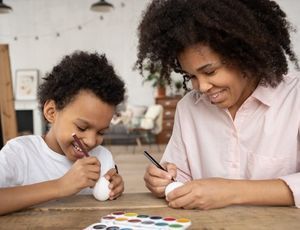
Children who attend Montessori preschool will receive regular instruction in every aspect of childhood development. That said, a majority of Montessori activities are self-chosen by the children, and employ self-correcting aspects that allow kids to know whether the result is correct without external interference. No matter what they are learning at any given moment, it will probably have some relation to these primary areas of Montessori study.
1. Sensorial
Activities in this part of a Montessori preschool involve using the 5 senses. manipulating and using small objects is a critical part of sensorial learning, and that helps build fine motor skills, critical thinking, and more. Sensory items are meant to allow children to build problem-solving skills due to the trial and experimental nature of the individual activities.
2. Culture
Geography, art, and science are a few types of activities that take place in the cultural center of a Montessori classroom. But cultural studies also include things like learning about other cultures, diversity, and more. Culture covers a lot of ground, and children are encouraged to explore culture in many different ways. Practical concepts like grace and courtesy are included in cultural activities, and social skills are practiced throughout the day regardless of the activity.
3. Language
Our language and culture often overlap, but strong language and vocabulary skills are encouraged in every part of the classroom. Every activity has the potential to add new words, and a great vocabulary often leads to a child who enjoys reading and writing as well. Sing-alongs and other group activities bring the class together for practicing word games, learning words from other cultures, and learning proper enunciation.
4. Math
Math permeates our world, and just almost all Montessori activities have some connection to math concepts. Sorting, counting, and basic math functions are used as a matter of course in many cases, illustrating to children that math is a complementary subject that can simplify some tasks and make more sense out of others.
5. Practical Life
Montessori puts a lot of focus on practical experience, and practical tasks are often combined with other lessons. Things such as learning to tie shoes and going to the restroom alone are typical, but other functions such as measuring, pouring, or using a broom are also common. Some practical tasks, such as cleaning up when they get done with an activity, are continually reinforced in the classroom, encouraging children to be more responsible for themselves and more courteous of others.
Montessori is a type of whole-child learning system. From fine motor skills, to science and learning to be bg helpers, children spend each day involved in activities that hone skills and develop new capabilities and comprehension.
The best way to learn more about the Montessori prepared environment is to see it in action. Schedule an appointment for a tour today to see Montessori in action.


